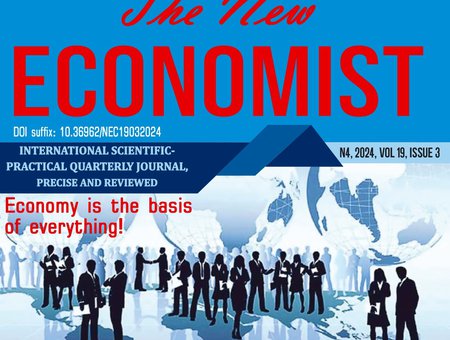The revitalization-modernization of Japan's post-World War II industry and the development of technical innovations were conditioned by a number of internal and external factors, which significantly determined the incredible and unbelievable economic success of this country. However, it is essentially important that in the wake of the formation of a new global paradigm, Japan during this period of its development (1945-1973) was able to concentrate on its own human and material capital, on the maximum use of their potential by conducting state-relevant government policies. In particular, this refers to the support of the Japanese government in the direction of stimulating the growth of the private sector (first, institutional regulations and protectionism were introduced, thus effectively dealing with economic crises, and later the country focused on expanding trade.).



